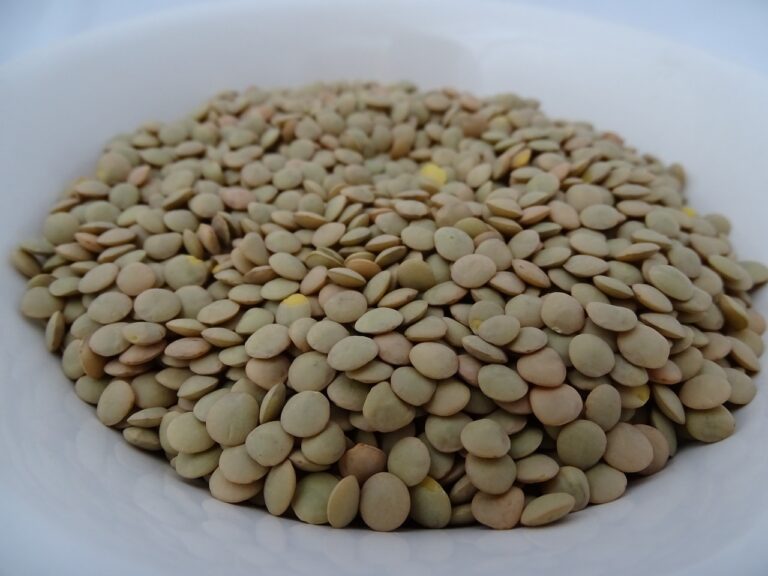Dairy Processing: Exploring Opportunities in Precision Livestock Farming
11xplay com, laser247, Skylivecasino Signup:Dairy processing is a crucial part of the agriculture industry, providing consumers with a wide range of dairy products such as milk, cheese, yogurt, and more. As technology continues to advance, the dairy sector is also evolving to adopt precision livestock farming techniques to improve efficiency, productivity, and animal welfare.
Precision livestock farming involves the use of technology to monitor and manage livestock production. This can include the use of sensors, data analytics, and automation to track animal health, behavior, and performance. By leveraging these technologies, dairy farmers can make more informed decisions, optimize resources, and ultimately improve the overall quality of their products.
Here, we will explore the opportunities that precision livestock farming offers to the dairy processing industry and how farmers can benefit from adopting these innovative practices.
1. Increased Efficiency
One of the key benefits of precision livestock farming is the ability to increase efficiency on the farm. By using sensors to monitor the health and behavior of dairy cows, farmers can identify issues early on and take proactive measures to prevent illness or injury. This can result in lower veterinary costs, reduced mortality rates, and higher milk yields.
2. Improved Animal Welfare
Another advantage of precision livestock farming is the potential to improve the welfare of dairy cows. By monitoring factors such as temperature, humidity, and feeding behavior, farmers can create optimal living conditions for their animals. This can lead to happier, healthier cows and higher-quality milk products.
3. Data-Driven Decision Making
Precision livestock farming also enables farmers to make more data-driven decisions. By collecting and analyzing data on animal performance, farmers can identify trends, patterns, and opportunities for improvement. This can help farmers optimize feed efficiency, breeding programs, and overall farm management practices.
4. Sustainable Practices
Incorporating precision livestock farming techniques can also help dairy farmers adopt more sustainable practices. By optimizing resource use, reducing waste, and minimizing environmental impact, farmers can operate more efficiently and responsibly. This can lead to long-term benefits for both the farm and the surrounding community.
5. Enhanced Product Quality
Ultimately, the adoption of precision livestock farming can lead to enhanced product quality for dairy processors. By ensuring the health and wellbeing of dairy cows, farmers can produce higher-quality milk, cheese, and other dairy products. This can lead to increased consumer trust, loyalty, and demand for these products.
6. Cost Savings
By monitoring and managing livestock more effectively, farmers can also realize cost savings in the long term. By reducing veterinary costs, improving feed efficiency, and increasing production yields, farmers can lower their overall operating expenses and increase profitability.
Overall, precision livestock farming presents a range of opportunities for the dairy processing industry. By leveraging technology to monitor and manage livestock production, farmers can improve efficiency, animal welfare, and product quality. This can lead to cost savings, sustainability benefits, and enhanced consumer satisfaction.
FAQs
Q: What types of sensors are used in precision livestock farming?
A: There are a variety of sensors used in precision livestock farming, including temperature sensors, activity monitors, rumen pH sensors, and more.
Q: How can farmers use data analytics to improve their dairy operations?
A: Farmers can use data analytics to analyze animal performance, identify trends, and make informed decisions about feed efficiency, breeding programs, and overall farm management practices.
Q: What are some of the challenges associated with adopting precision livestock farming?
A: Some of the challenges associated with adopting precision livestock farming include initial investment costs, data management and analysis, and training requirements for farmers and staff.
Q: How can precision livestock farming benefit the environment?
A: Precision livestock farming can benefit the environment by optimizing resource use, reducing waste, and minimizing environmental impact. This can lead to more sustainable farming practices and long-term benefits for the farm and the surrounding community.







